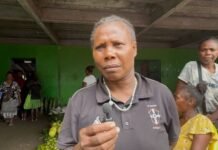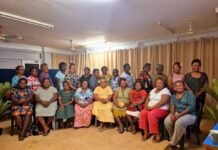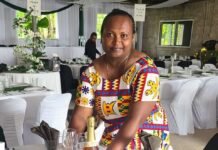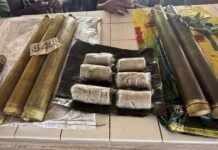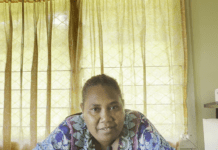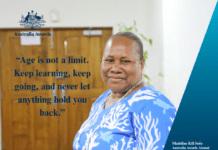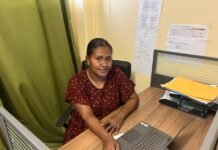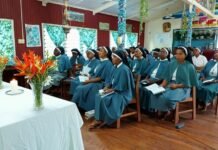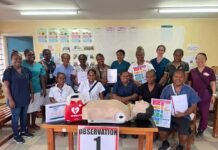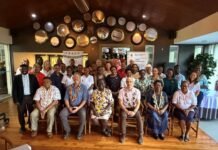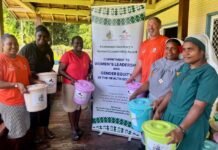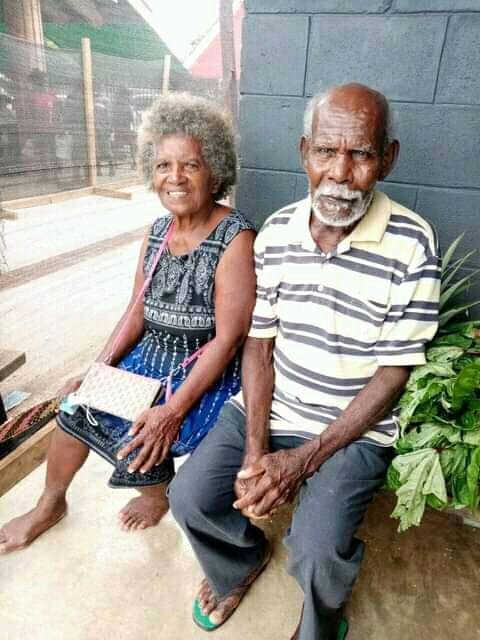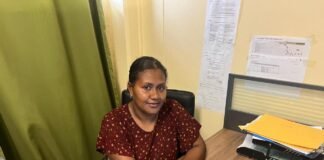BY KHAMA LINCOLN
ISLES MEDIA FREELANCE REPORTER IN GIZO
TOWARDS the end of last month during the festive season, 73-year-old, Kolombangara woman, Susana Matekolo said, corona virus pandemic does not affect her sales, as a vendor at Gizo market.
What she’s actually saying is, she’s satisfied with what she earns at the end of every sales, whether she drops her prices to compete with other vendors.
With further COVID measures that the local government authority has imposed for Gizo Town starting last Friday and the Lockdown as Solomon Islands Capital Honiara’s and the Western province is experiencing COVID-19 community transmission, it has been proposed that Gizo market will now opens only three days a week. On Mondays, Wednesdays and Fridays.
That impact of the pandemic, due to community transmission is now affecting Mrs Matekolo and many other rural women who depends on the market for income.
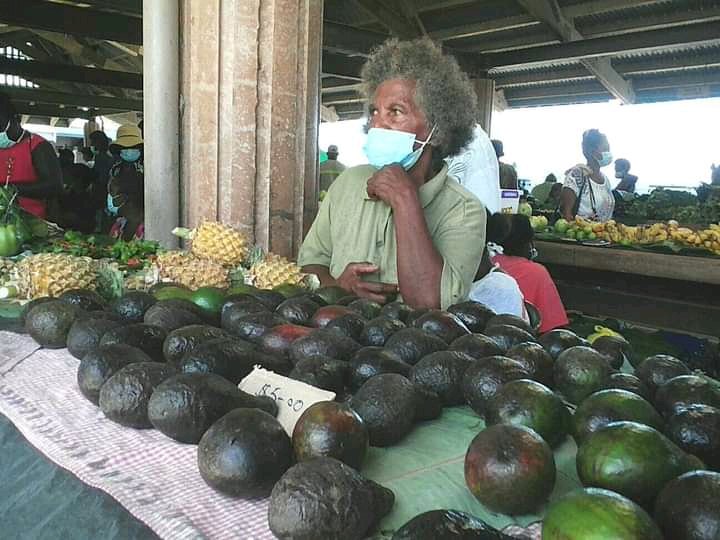
She usually sells three varieties of Avocado or Butter fruits at four to five dollars per fruit.
In her last harvest she brought 300 Avocado fruits to Gizo main market, whilst her trees still have fruits for another picking session days later. She said, she’s doing that twice in a year.
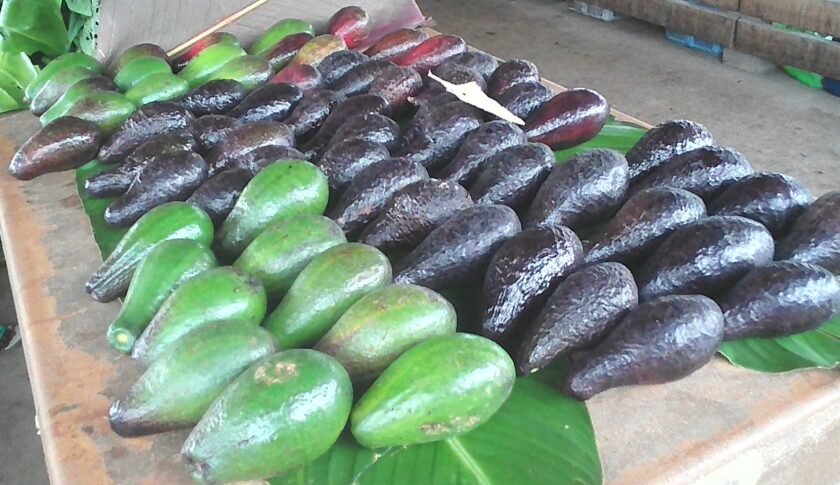
She also plants pineapples, peanuts, vegetables and root crops for sell and for food security.
Her family used to supply garden produce to Noro canary in the past. However, they were not able to continue with that arrangement. Susana and her husband, Terry, 74, continues farming their land and also produce copra at Sunfly village, Kolombangara Island.
She said, her husband now not able to do all the work as before, however they have fruit trees, coconuts, pineapples as well as her continuing effort to produce batch of root crops and supsup garden to sustain their family.
“That’s our only source of income” she said. I planted the Avocado trees when my children were kids.”

She said, from her income earned from the market she supported her children in their education, sustaining her family at home and meeting community obligations.
The outspoken great grandmother, unlike most elderly women in her age, is still working with her hands cultivating the soil, as she said, she’s not giving up on supporting her grandchildren and great grandchildren.
“You have to get your hands dirty in order to earn money” she advice, “I make six to ten mounds every day, for potato and cassava, except on Sabbath.”
“My advice to young girls is, you have to sweat before you earn something, don’t depend only on parents,” She said, start working while you’re young.”
Mrs Matekolo is an expert in her field with local knowledge on crop rotation. For instance, she uses her observation of the period it takes for root crops to yield, to manage food security.
She typically plants cassava in April and Potato in August, as both root crops will be ready for harvest in December.
“When my children return home from school for holiday, the garden will ready and they have food to eat,” she said.
Mrs Matekolo and her family uses a wooden canoe motorized by 15 HP Yamaha engine, and it costs her seven liters of fuel from her home village to Gizo Town.
While at the market, she observed the prices set by other vendors to determined her selling prices of fruits and vegetables. She said she’s doing that to attract customers, seeing that every vendor is racing against time. They all want to return home before dark after their goods sold out.
The elderly mentioned that weather remains the main challenge, as in her case, travelling from Kolombangara to Gizo on wooden canoe, once they were met with hasty current of bumpy waves with her husband on the steer.
Her husband jumped into the jerky waters to hold on to the engine. while she removes waters from inside the boat and trying to save their goods, as they struggled to keep floating towards Gizo.
She said, that was an experience she never forgets. And also, the advantage was because a wooden canoe is lighter and buoyant on water.
“My children told me to quit and stay at home, but I will continue to care for them and support them while I can. She maintains.
She usually takes most of her earnings home to buy from her children’s canteen in the village, to continue supporting her family. Last Christmas she bought balls for soccer and netball at Gizo for her grandchildren to play sports at the family compound.
“I don’t want them to go out further to other places to play” she said.






